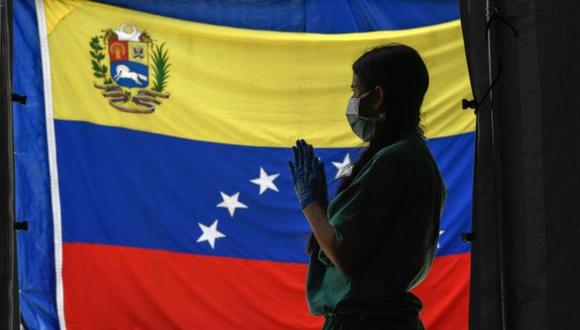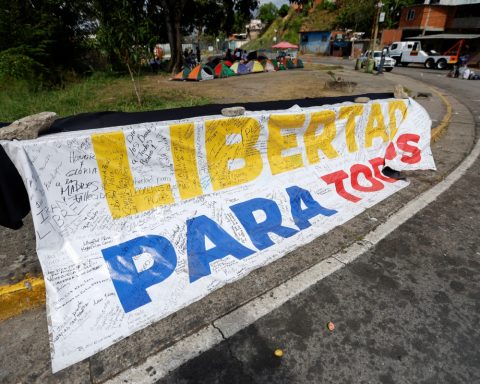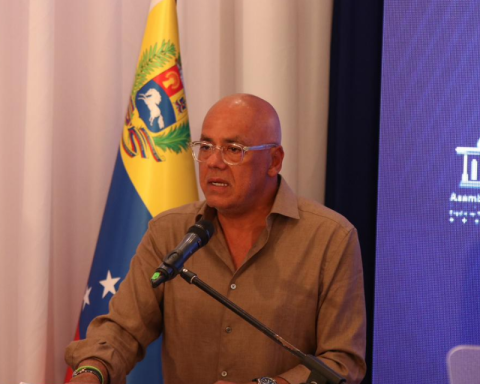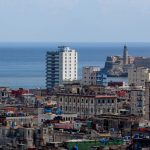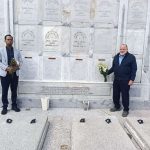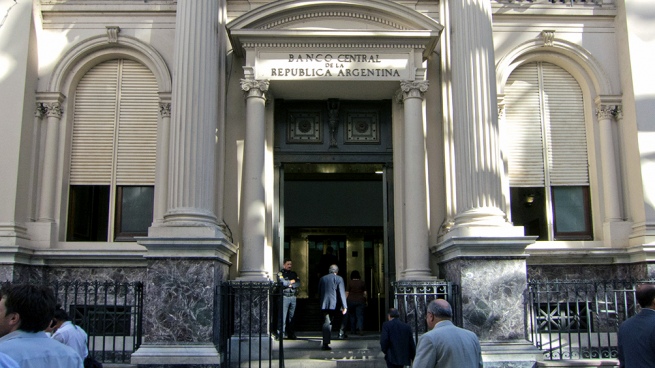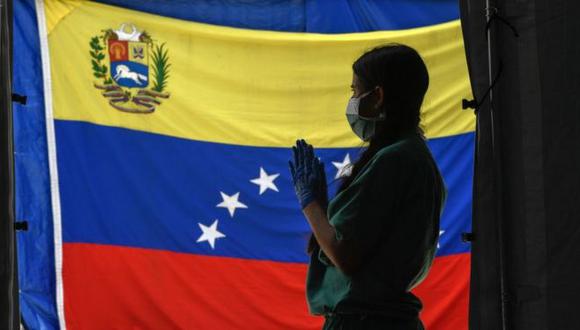
Venezuelans today experience a kind of frustration, abandonment of the political issue, concentration on survival for many and, for others, adaptation to what is assumed as a new reality.
In the field of politics and citizen participation, the delegitimization of leadership, the loss of enthusiasm, the feeling of not finding a way out, the abandonment of political spaces by those who used to throw the rest for the fate of the country. We have gone from the feeling of failure to that of abandonment, to inaction, to despair, to an impression of being orphaned of true leaders.
In such a climate it is not uncommon to hear a cry for renewal. Even for those who claim to deny politics, the issue of political leadership is still present. Some lament its emptiness, others criticize its deviations or deformations. His rating often goes through considerations that allude to immaturity, ambition, corruption, cowardice, personalism, inability to listen, lack of vision, immediacy, lack of quality or commitment. Few, on the other hand, think about the value of a leadership worthy of its name – honest, inspiring, unifying, persevering, effective – and, above all, in the urgency of its formation.
The claim for a profound change in national life goes through an aspiration to renew the quality of political leadership, a change capable of stimulating citizen hope and activating their will for organized and effective participation. At a global moment in which everything seems destined to change, there is no doubt that the forms of organization and action of citizens must also change. In the wake of the Russian invasion of Ukraine, the world is definitely not going to be the same. The open wound in world geopolitics will not heal for a long time. New manifestations of change will be added to the already worrying loss of confidence in international relations, weakening of globalization, rearrangements of the centers of power and influence, at a time when, for example, the Latin American left is losing cohesion but At the same time, it encourages from extremism the incursions that Russia and China have been making in Latin America, as pointed out by Jorge Castañeda, a scholar of world politics.
The emergence and strengthening of a new generation of political leadership will not occur spontaneously. It will not be possible without a training effort, without the contribution of experience and without an organization that thinks about the country and its problems, proposes paths for the future, mobilizes citizens, recovers their confidence and the desire to change and act. As Carlos Matus – Minister of Economy, Development and Reconstruction of Allende and researcher at Cendes – claimed, good intentions, experience, good sense and professional training are not enough. It is essential to assume as a priority that politics is there to meet the interests of the people, not the needs generated by politics itself. The parties must stop being simple electoral clubs. On the contrary, they must equip themselves with training centers for their leaders and with teams specialized in thinking about the country, projecting, and planning.
Training, experience, organization are imposed as priorities to fill the void or the orphanage of positive leadership that leaves so much room for immobility and despair. Leaving this task to voluntarism or improvisation feeds the risk of replacing creative leadership with the figure of charlatans or prophets and of falling into the risks of personalism, populism and authoritarianism.
